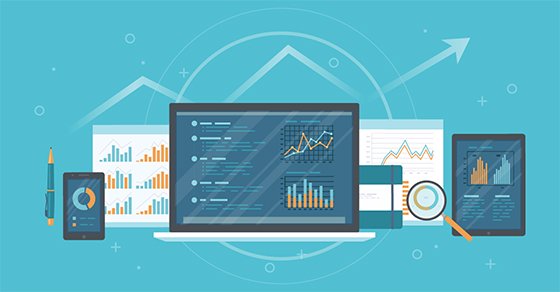5 Common Accounting Software Mistakes To Avoid
 No company can afford to operate without the right accounting software. When considering whether to buy a new product or upgrade their current accounting solutions, however, business owners often fall prey to some common mistakes. Here are five gaffes to avoid:
No company can afford to operate without the right accounting software. When considering whether to buy a new product or upgrade their current accounting solutions, however, business owners often fall prey to some common mistakes. Here are five gaffes to avoid:
1. Relying On A Generic Accounting Solution
Some companies rush into buying an accounting system without stopping to consider all their options. Perhaps most important, they may be missing out on specific versions for their industries.
For instance, there are applications available for construction accounting with built-in features specific to how their businesses work. Nonprofit organizations also have industry-specific accounting software. If you haven’t already, check into whether a product addresses your company’s area of focus.
2. Spending Too Much Or Too Little
When buying or upgrading something as important as an accounting system, it’s easy to overspend. Those bells and whistles can be enticing. Then again, frugal-minded business owners may underspend, picking up a low-end product and letting staff deal with the headaches.
The ideal approach generally lies somewhere in the middle. Perform a thorough review of your accounting needs, transaction volume and required reports, as well as your employees’ proficiency and the availability of tech support. Then calculate a reasonable budgeted amount to spend.
3. Getting Stuck In A Rut
Assuming you already have an accounting system, one of the keys to managing it is knowing precisely when to upgrade. You don’t want to spend money unnecessarily, but you also shouldn’t risk errors or outdated functionality by waiting too long.
There’s no one-size-fits-all answer with accounting solutions. Your financial statements are a potentially helpful source of information. A general rule of thumb says that, when revenues hit certain benchmarks (perhaps $5 million, $10 million or $15 million), a business may want to start thinking “upgrade.” The right tipping point depends on various factors, however.
4. Neglecting the Importance of Integration and Mobile Access
Once upon a time, accounting software for small business was a standalone application, and data from across the company had to be manually entered into the system. But integration is the name of the game these days. You should be able to integrate your accounting system with all (or most) of your other software so that data can be shared seamlessly and securely.
Also consider the availability and functionality of mobile access to your accounting system. Many solutions now include apps that users can use on their smartphones or tablets.
5. Doing It Alone
Which accounting package you choose may seem an entirely internal decision. After all, you and your staff will be the ones using it, right? But you may be forgetting one rather obvious person who could help: your accountant.
Chicago Accounting Services
We can help you assess and determine your accounting solutions, needs, set a feasible budget, choose the right solution (or upgrade) and implement it properly. Going forward, our CPA firm can even periodically test your system to ensure it’s providing accurate data and generating the proper reports.
